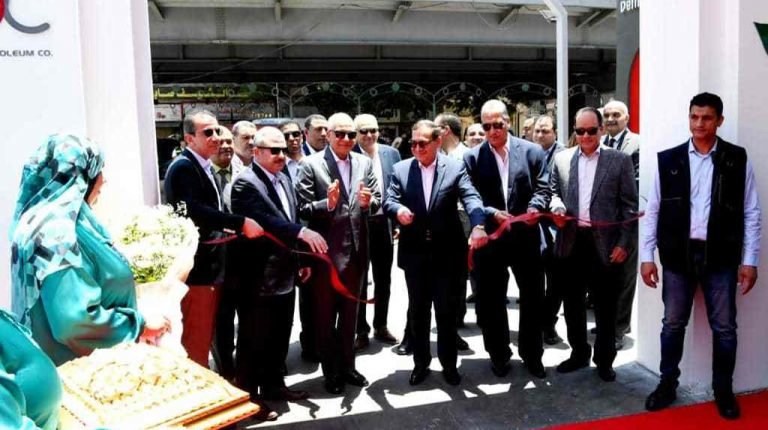
Tarek El Molla, Minister of Petroleum and Mineral Resources, announced the launch of a digital platform of petroleum products and natural gas, as part of the integrated programme for digital transformation.
The Minister of Petroleum said that the first of the new digital services is to provide an integrated system to manage and follow up on the supply of fuel to cars using a smart card instead of paper coupons.
El Molla revealed the provision of cash out services from gas stations in cooperation with e-finance company and entities affiliated with the Ministry of Petroleum such as the Egyptian General Petroleum Corporation and petroleum products marketing companies.
Withdrawal services at gas stations enable citizens to withdraw cash from the gas station using their own bank card.
El Molla also pointed to the availability of an electronic payment service at gas stations so that the citizen can pay the value of the products and services that they obtain at the station through their own bank card, which contributes to spreading electronic payment services and facilitating and spreading dealing with bank cards as part of the digital transformation process in Egypt.
According to El-Molla, the electronic withdrawal service has been made available at 400 petrol stations across the Republic. This came during the inauguration of the Integrated Petrol Station – Cargas in Dokki, after its development, accompanied by Ahmed Rashid, Governor of Giza, and Ibrahim Sarhan, head of e-finance.
He added that the first phase of digital transformation in the petroleum sector is working efficiently, which is represented in the management and control system of petroleum products in warehouses and transport trucks.
He explained that the current stage of digital transformation is to abolish gasoline bonuses and replace them with a smart card by automating all of Misr Petroleum’s gas stations through an integrated system that allows companies and agencies contracting with Misr Petroleum and cooperation gas stations to monitor, follow up and manage the gasoline consumption of their fleet, where the contracting parties may change the gasoline quota for each car electronically, and this system also provides clearer data on consumption, which helps the users of the system to know the operating economics more accurately.